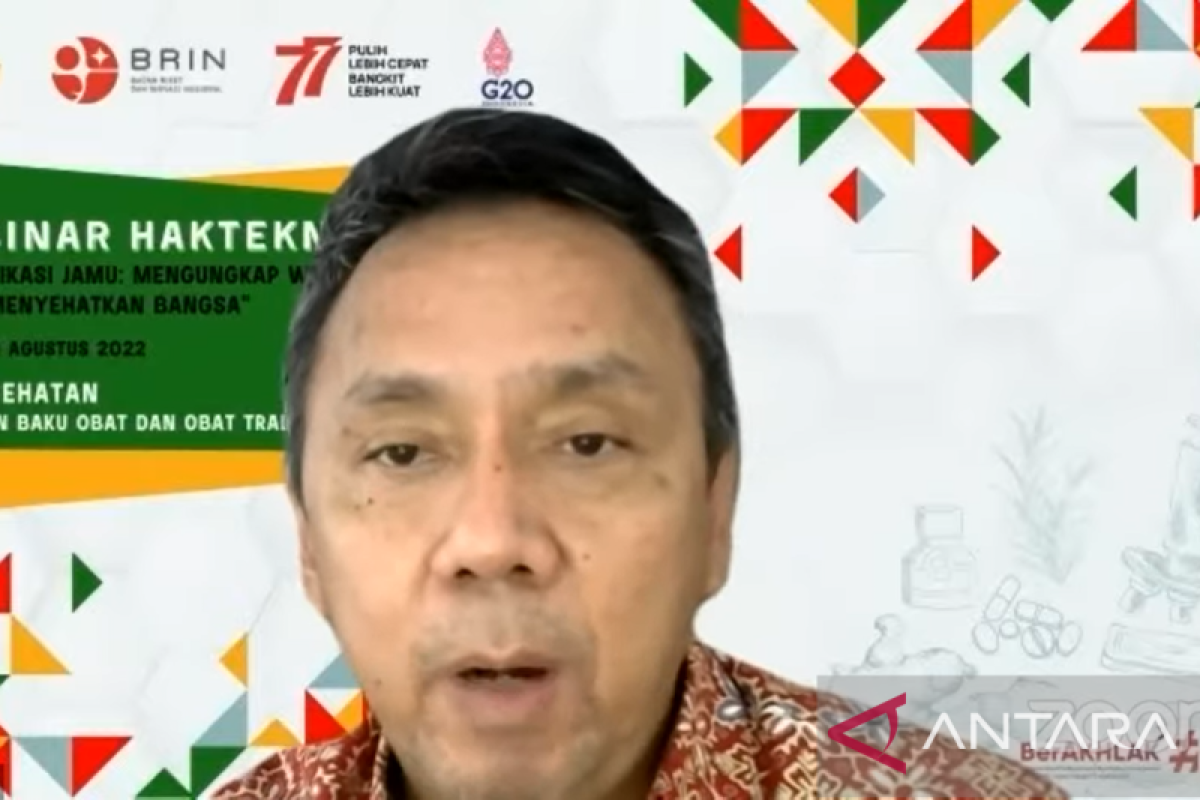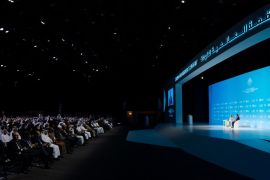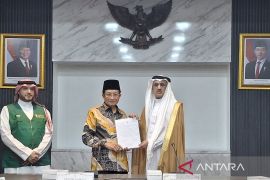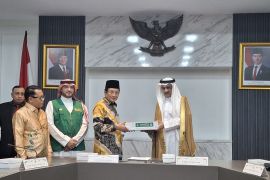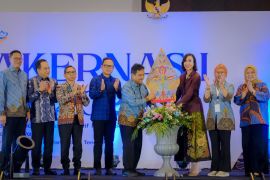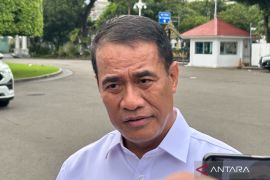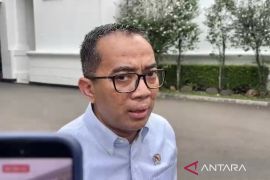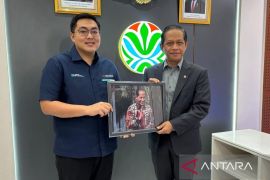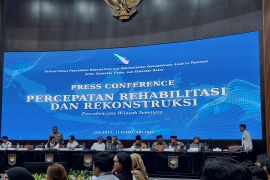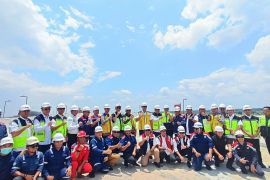Availability of quality medicinal raw material is very important to ensure the sustainability of natural medicine creation, he noted during the "Jamu Scientification: Uncovering Cultural Heritage to Make the Nation Healthy" virtual discussion on Friday.
Some 85 percent of the plant sources used for natural medicine are still obtained from wild plants. This results in varying material quality, pollution potential, plant extinction, and unsustainable material supply, he explained.
Moreover, most of the medicinal plant producers are still largely collectors and not farmers that produce these plants.
In addition, most of these medicinal plant producers fall in the category of small and medium enterprises, with processing technique that does not yet adhere to the standard.
There are also long supply chains, thereby resulting in farmers receiving dismal profits, coupled with the lack of supply and demand data for raw materials of natural medicine and production centers that generally only exist in Java.
"To this end, we need to encourage our producers to open production centers in other places. Of course, there are technological, business, and regulation aspects to this," Amin affirmed.
In addition, beyond biological and engineering research, socio-economic research is needed to produce policies and regulations related to intervention in micro economy, trade, and institution.
To bolster technological adoption in the production of raw materials for natural medicine, the quadruple helix partnership consortium model can be utilized that involves academicians, business world, government, and community, he stated.
During the event, Head of the Health Research Organization at BRIN Indi Dharmayanti encouraged the intensification of development research on phytopharmaca, or standardized traditional medicine made from natural material.
Related news: Optimize development of Indonesian natural ingredient medicine: BPOM
Related news: HWG to discuss equitable vaccine access, diagnostic tools development
Translator: Prisca Triferna, Fadhli Ruhman
Editor: Rahmad Nasution
Copyright © ANTARA 2022
